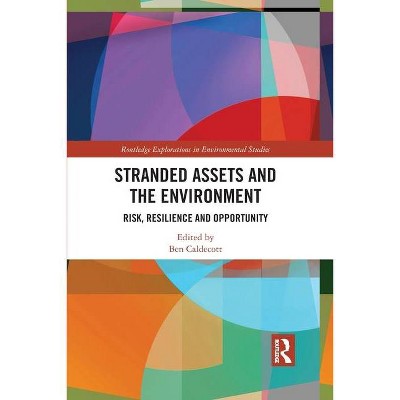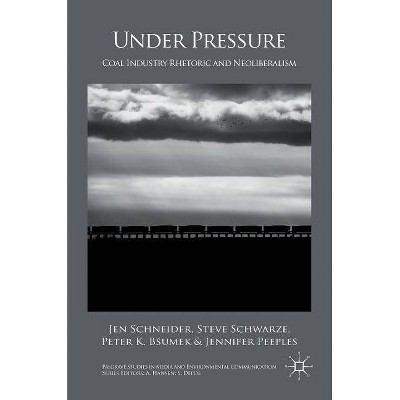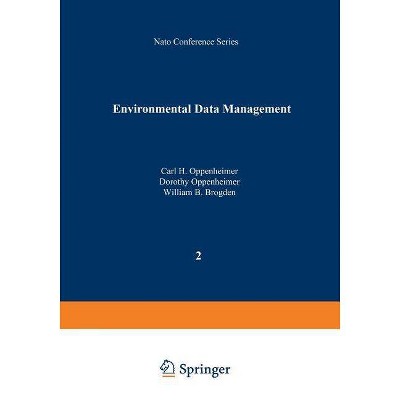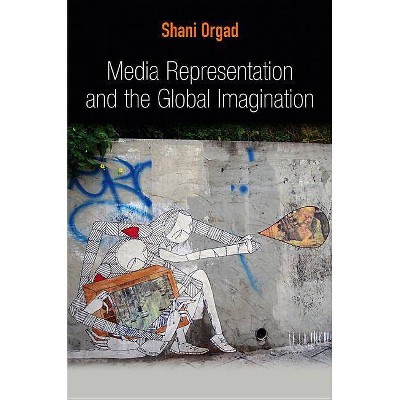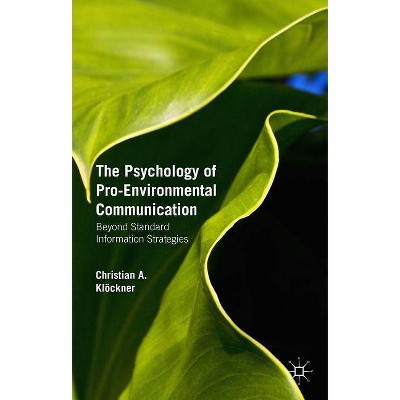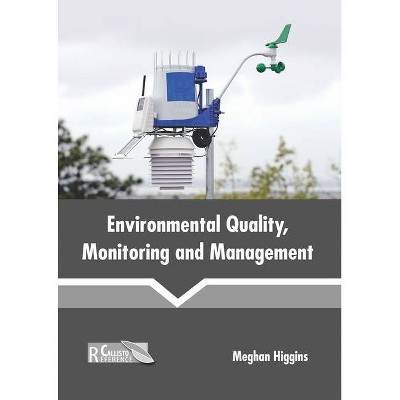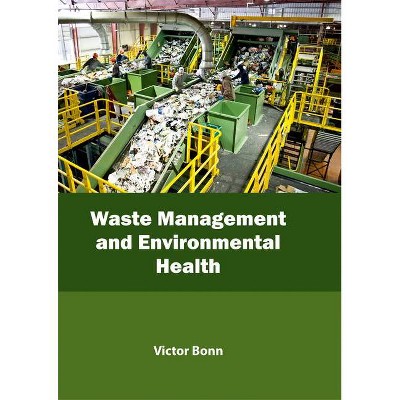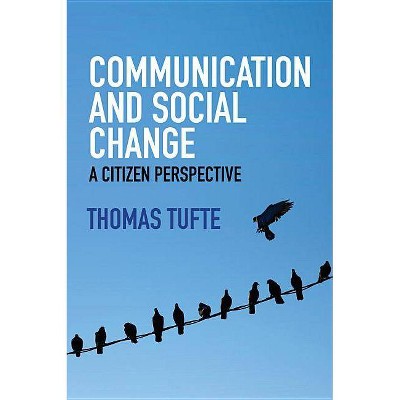Environmental Management of the Media - (Routledge Studies in Environmental Communication and Media) by Pietari Kääpä (Paperback)
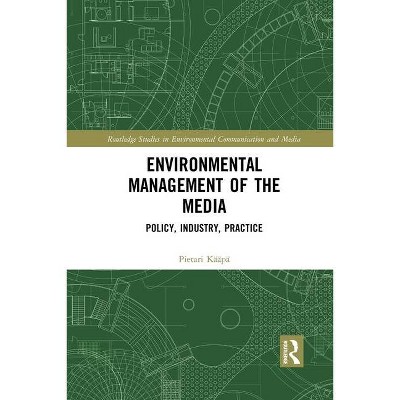
Similar Products
Products of same category from the store
AllProduct info
<p/><br></br><p><b> About the Book </b></p></br></br><p>Kääpä argues here that taking the media industries to task on their environmental footprint is a multilevel resource and organizational management issue that must be addressed more effectively in contemporary media studies. This book will be of great interest to students and scholars of media, communication and environmental studies.</p><p/><br></br><p><b> Book Synopsis </b></p></br></br><p>In recent years the widely held misconception of the media as an 'ephemeral' industry has been challenged by research on the industry's significant material footprint. Despite this material turn, no systematic study of this sector has been conducted in ways that considers the role of the media industries as consumers and users of a range of natural resources. </p><p>Filling this gap, <em>Environmental Management of the Media</em> discusses the environmental management of the media industries in the UK and the Nordic countries. These Nordic countries, both as a set of small nations and as a regional constellation, are frequently perceived as some of the 'greenest' in the world, yet, not only is the footprint of the media industries practically ignored in academic research, but the very real stakes of the industries' global impact are not comprehensively understood. Here, the author focuses on four key areas for investigating the material impact of Nordic media: (1) resources used for production and dissemination; (2) regulation of the media; (3) organizational management; and (4) labour practices. By adopting an interdisciplinary perspective that combines ecocritical analysis with interrogation of the political economy of the creative industries, Kääpä argues that taking the industries to task on their environmental footprint is a multilevel resource and organizational management issue that must be addressed more effectively in contemporary media studies.</p><p>This book will be of great interest to students and scholars of media, communication and environmental studies.</p><p/><br></br><p><b> Review Quotes </b></p></br></br><br><p><strong>"Through several fascinating Nordic case studies, this book calls attention to how the media industry needs to urgently get its own house in order and to play a major role in effective environmental management. This unique study provides an important contribution to an evolving area of environmental communication, while contesting the myth that it costs more to 'go green' with regards to film production and distribution. </strong><strong>As environmental protocols across the media industry need to keep evolving as the world tries to face up to the huge challenges of climate change, this book makes a good start in showing the way meaningful and sustainable changes can be made." </strong><em>Pat Brereton, </em><em>Dublin City University, Ireland</em></p> <p></p> <p></p> <p></p> <p><strong>"</strong><strong>As we become increasingly aware of the environmental impact of media and the potential damage the digital age wreaks upon the planet, it is incumbent upon us to map in detail the local effects of our insatiable demand for data in its myriad electronic forms. In an approach which mobilises important methodological innovations, Pietari Kaapa does just this for the Nordic world. His lucid prose captures the state of current debate and brings a fresh insight to this vital area of research."</strong> <em>Gareth Stanton, Goldsmiths, University of London, UK</em></p> <p><strong>"Nowhere has the material turn in communications studies been more significant than in eco-criticism. Pietari Kääpä, a pioneer in the field, expands its reach to include regulation, management and labour in the film and television industries. Confronting the great contradiction between the environmental damage caused by media and the absolute need for media to communicate green messages to policymakers, producers and consumers, Kääpä presents a detailed map of the networks that enable and constrain change. We cannot wait for a new society: Kääpä shows us how to make environmental history under conditions not of our own choosing."</strong> <em>Sean Cubitt, Goldsmiths, University of London, UK</em></p><br><p/><br></br><p><b> About the Author </b></p></br></br><p><strong>Pietari Kääpä</strong> is Associate Professor in Media and Communications at the University of Warwick, UK.</p>
Price History
Cheapest price in the interval: 49.95 on October 27, 2021
Most expensive price in the interval: 49.95 on November 6, 2021
Price Archive shows prices from various stores, lets you see history and find the cheapest. There is no actual sale on the website. For all support, inquiry and suggestion messagescommunication@pricearchive.us

